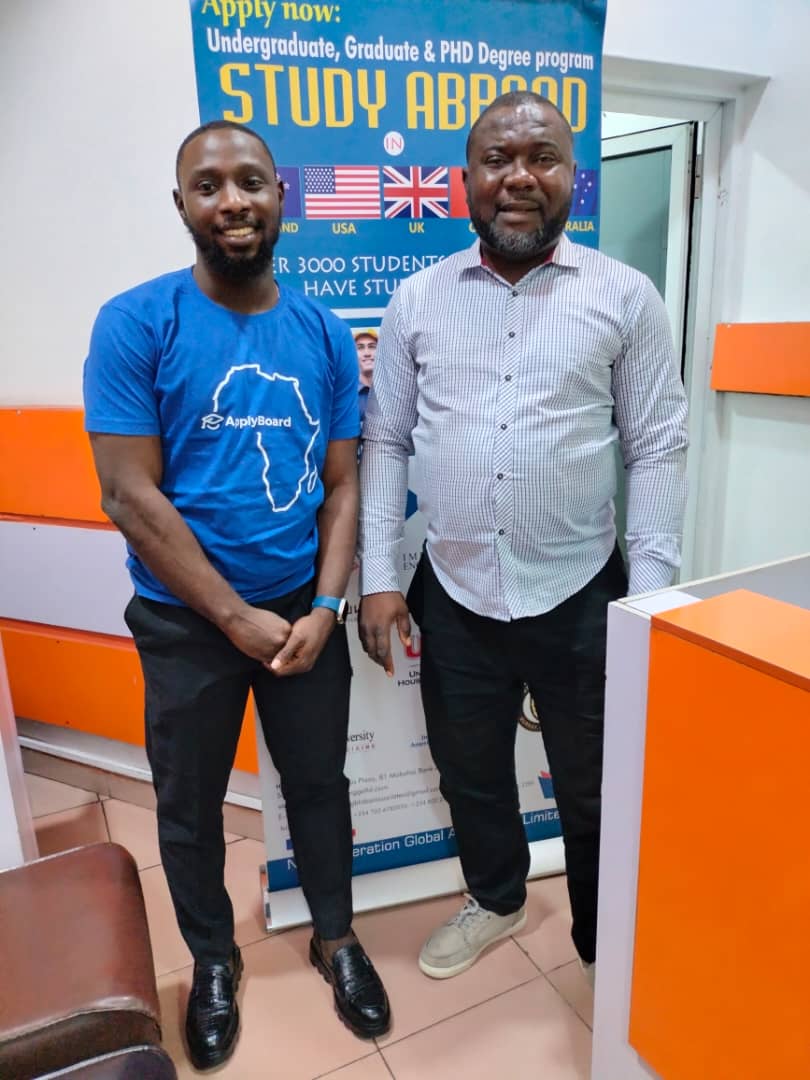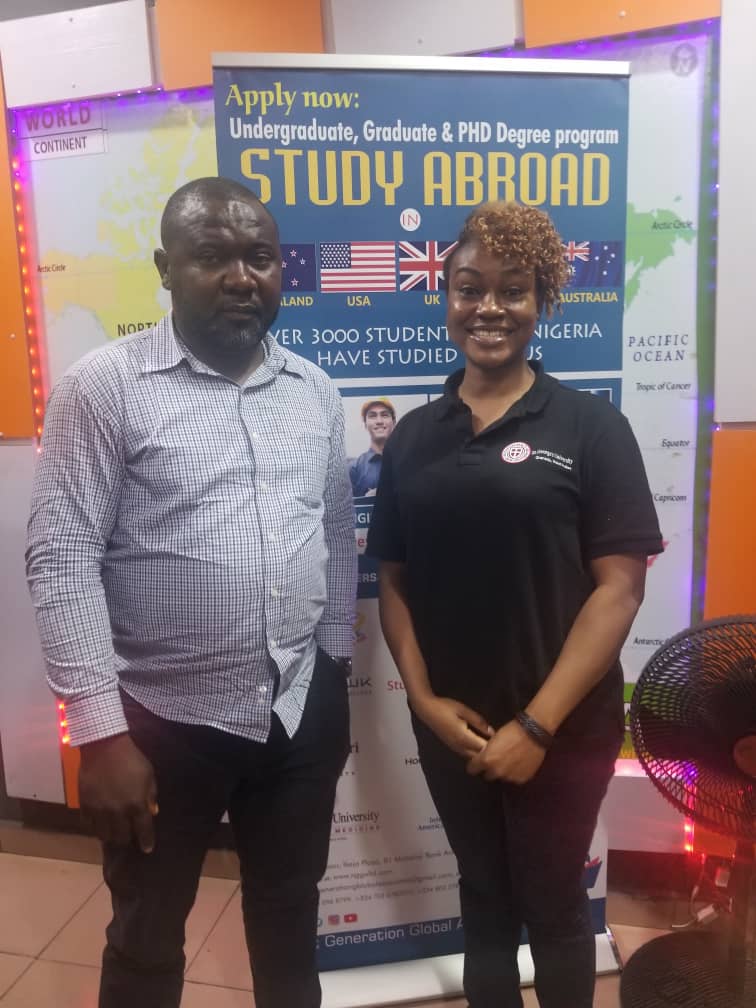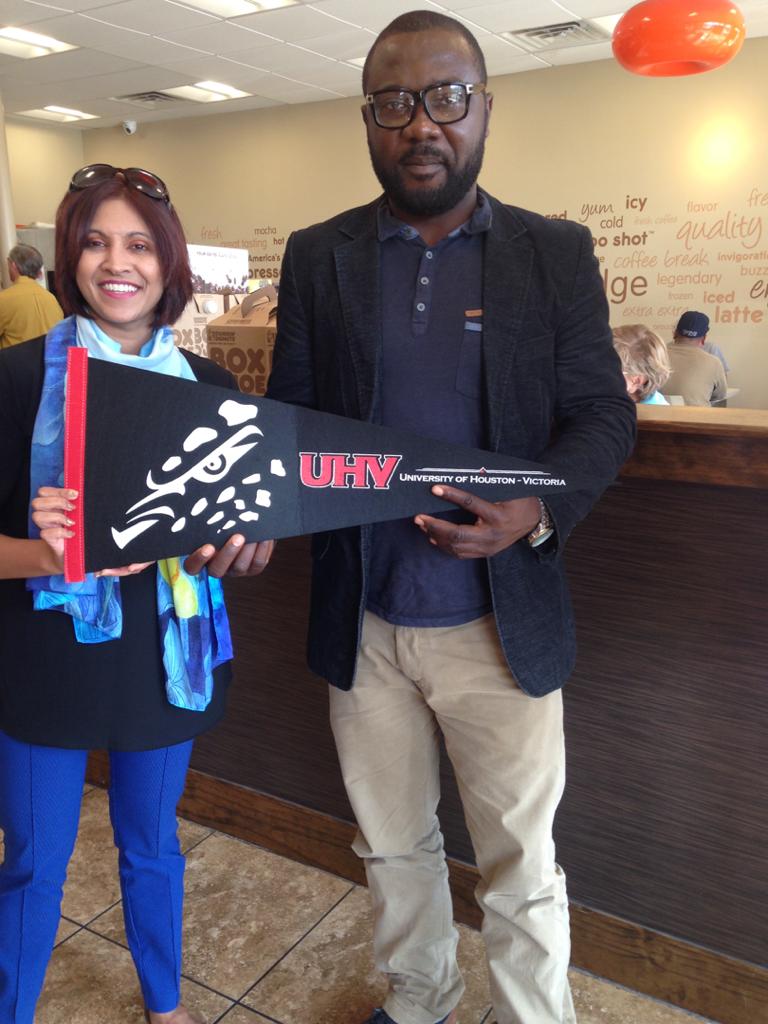Student visas are essential for international students seeking to study in a foreign country. These visas grant temporary residence and allow students to pursue academic programs, engage in research, and immerse themselves in the local culture.
TYPES OF STUDENT VISAS
- The most common student visa, allowing full-time enrollment in academic programs at accredited institutions like Undergraduate, Graduate and Research programs.
- For exchange visitors, including students, researchers, and professors participating in exchange programs.
- For students enrolled in vocational or other non-academic programs, such as technical or vocational schools.
ELIGIBILITY REQUIREMENTS
- Proof of acceptance or enrollment at an accredited educational institution in the host country.
- Demonstration of sufficient financial resources to cover tuition, living expenses, and other costs for the duration of the program.
- Evidence of strong academic performance, such as high grades or test scores, depending on the program requirements.
- Compliance with language proficiency requirements, typically demonstrated through standardized language tests like TOEFL or IELTS.
- Good health and a clean criminal record, as verified through medical examinations and background checks.
APPLICATION PROCESS
- Gather Required Documents: Assemble all necessary documentation, such as acceptance letters, financial statements, and proof of English proficiency.
- Complete Application Form: Fill out the student visa application form carefully, providing accurate personal and academic details.
- Schedule Visa Interview: Book an appointment at the nearest embassy or consulate to attend an in-person visa interview.
REQUIRED DOCUMENTS
- Completed student visa application form
- Valid passport with sufficient validity period
- Proof of enrollment or acceptance at an accredited educational institution
- Evidence of sufficient financial resources to cover tuition, living expenses, and other costs
- Transcripts or academic records demonstrating strong academic performance
- Proof of English language proficiency, such as TOEFL or IELTS test scores
- Medical examination report and vaccination records
- Police clearance certificate or criminal background check
FEES AND COSTS
Obtaining a student visa involves various fees and costs that international students must consider. The largest expense is typically tuition, followed by housing, meals, and other necessary expenses like health insurance and textbooks.
VISA INTERVIEW TIPS
- Research the Interview Process: Familiarize yourself with the typical questions asked during the visa interview, and practice your responses in advance.
- Dress Professionally: Wear neat, conservative attire to convey maturity and seriousness about your academic pursuits.
- Speak Confidently: Answer questions clearly and concisely, maintaining eye contact and projecting an air of confidence.
- Emphasize Your Ties to Home: Demonstrate strong family, financial, and social connections in your home country to reassure the interviewer that you intend to return.
VISA APPROVAL AND ISSUANCE
Once your student visa application is approved, the embassy or consulate will issue your visa. This involves affixing a sticker or stamp in your passport, authorizing your entry and stay in the host country for the duration of your studies.
ENTERING THE COUNTRY
- Arrive at Port of Entry: Present your valid student visa, passport, and any other required documents to immigration officials at the airport or border crossing.
- Pass through Customs: Undergo customs inspection and declare any items you are bringing into the country, adhering to all import regulations.
- Receive Welcome: Receive a warm welcome from university representatives who will assist you with transportation and getting settled in your new environment.
MAINTAINING STUDENT STATUS
- Adhere to full-time enrollment requirements, typically 12 credit hours per semester
- Maintain good academic standing with a minimum GPA, typically 3.0 or higher
- Comply with on-campus work hour limits for international students, typically 20 hours per week
- Report any changes in academic program or personal circumstances to the international student office
- Avoid unauthorized employment and strictly follow visa regulations regarding work eligibility
CHANGING VISA STATUS
- Evaluate Options: Assess if you qualify for a different visa category, such as a work or family-based visa.
- File Application: Submit the appropriate visa application form and required documents to the immigration authorities.
- Attend Interview: Prepare thoroughly and attend the visa interview at the embassy or consulate.
EXTENDING YOUR VISA
- Assess Eligibility: Review your visa requirements and ensure you still meet the criteria for extension.
- Gather Documents: Collect necessary documents, such as updated academic records and proof of funding.
- Submit Application: File the visa extension application well in advance of your visa expiration date.
If your studies or research will extend beyond the initial duration of your student visa, you can apply for a visa extension. This process involves reviewing your eligibility, gathering the required documents, and submitting the application in a timely manner to avoid any disruptions to your academic plans.
WORKING WHILE ON A STUDENT VISA
International students are generally permitted to work on-campus for up to 20 to 40 hours per week during the academic year. This allows students to earn extra income and gain valuable work experience while studying.
| Off-Campus Work | International students may apply to work off-campus in a field related to their studies. They must receive approval from their school and the immigration authorities. |
| Post-Graduation Work | Graduates can apply to work in their field of study for up to 12 months after graduation. Graduates may be eligible for an additional 24-month extension.
|
DEPENDENTS AND FAMILY MEMBERS
International students may be eligible to bring certain family members, such as a spouse or children, as dependents on their visas.
Dependents can accompany the student throughout their studies and are allowed to stay in the country for the duration of the student’s visa. However, they are generally not permitted to work or study without obtaining their own visa.
The process for adding dependents involves filing additional application forms and submitting supporting documents, such as proof of relationship and financial support.





